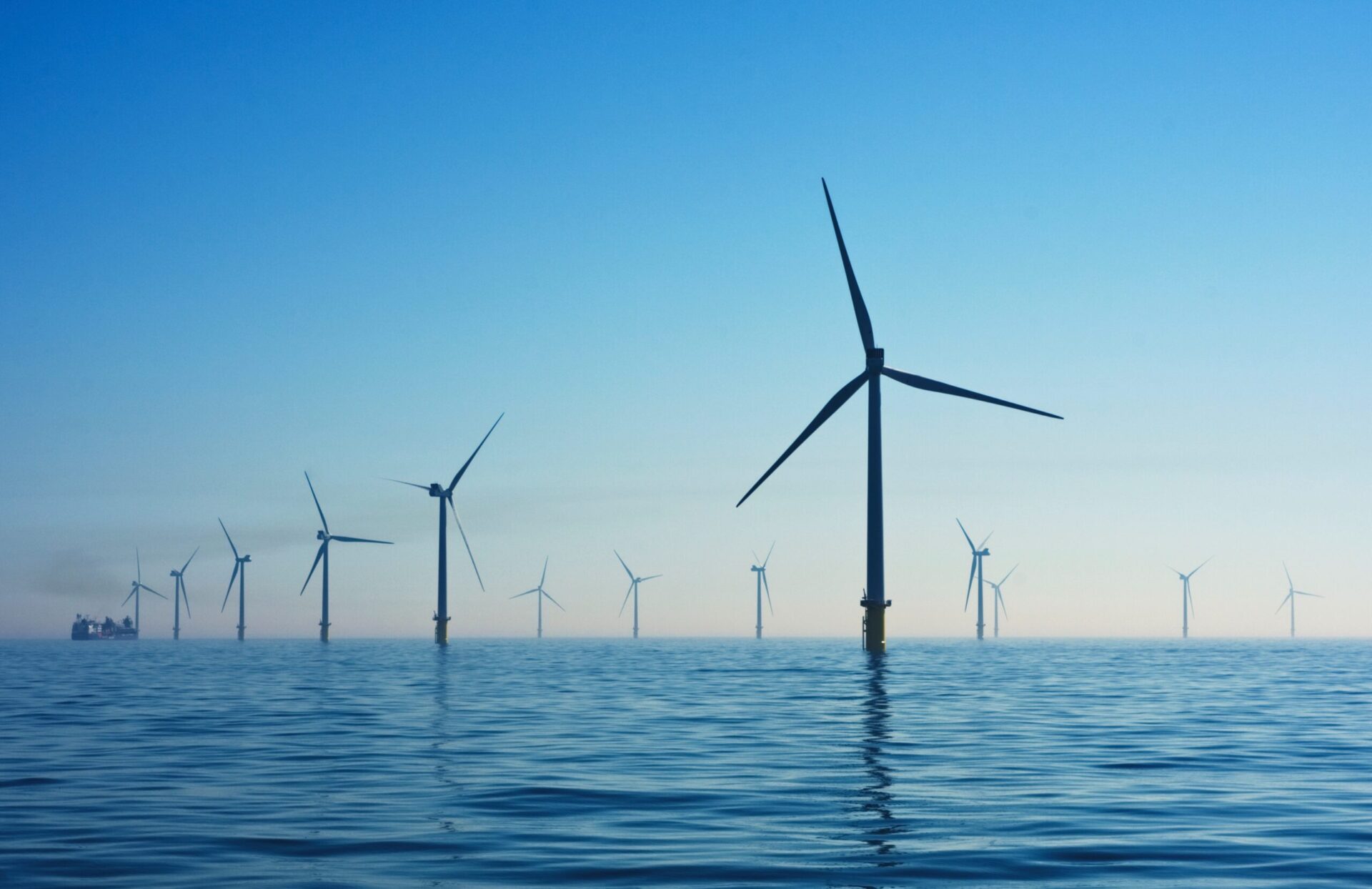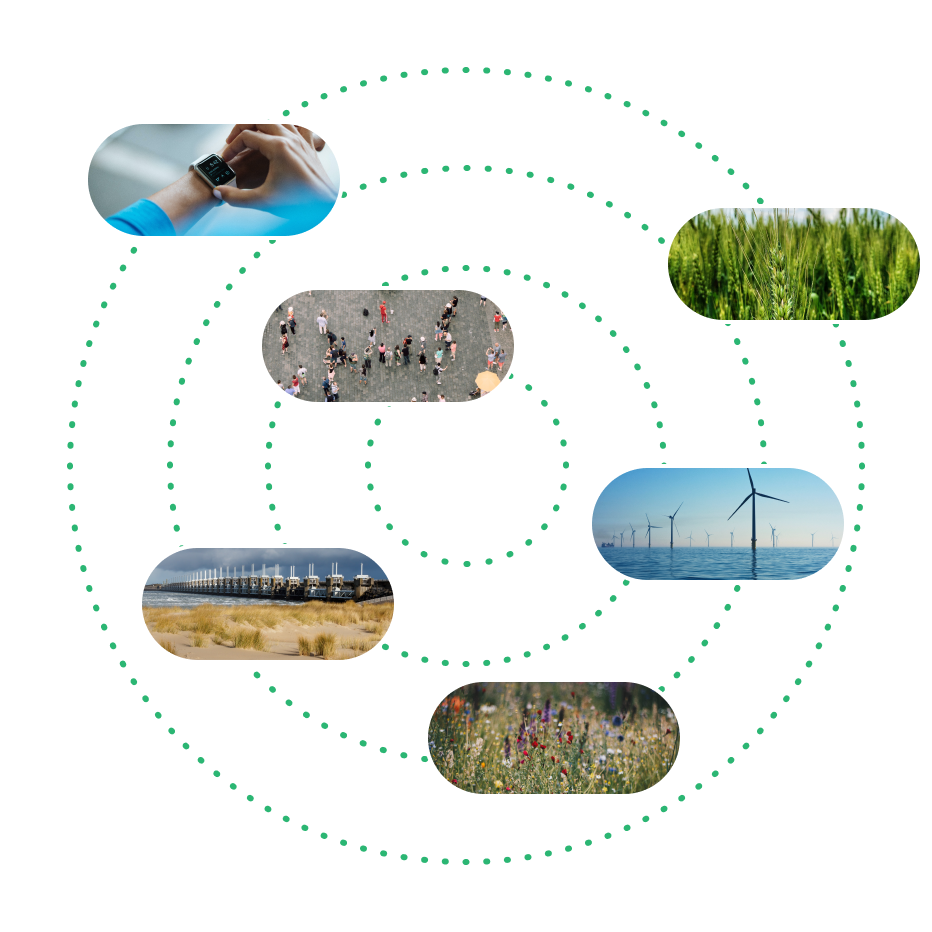Webinar: Energy justice for vulnerable households: how can induced changes in low-carbon lifestyles increase energy poverty risk?

Key messages
On December 12, the LOCALISED project organises an online webinar titled “Energy Justice for Vulnerable Households: How Can Induced Changes in Low-Carbon Lifestyles Increase Energy Poverty Risk?”. This online event will take place from 2:00 PM to 3:00 PM (CET) and Gerard Martínez Görbig from the University of Twente will give an overview on the intersection of low-carbon transitions and energy poverty.
Aim
Being energy poor is different from being at risk of energy poverty. While most efforts aim to map current levels of energy poverty, the session’s objective is to reflect on the factors that might produce it, particularly those related to a low-carbon transition and implementing climate actions that impact citizens’ lifestyles.
Lifestyles are operationalised by investigating household activities in different domains, e.g. by way of expenditure patterns. In Europe, the accessibility to domains and their related emissions strongly correlates with economic aspects, which can be used to identify socioeconomic groups that might face the risk of energy poverty due to a low-carbon transition.
Identifying groups at risk of energy poverty is conducted through a three-dimensional framework. Firstly, the regional context defines a household’s vulnerability, for example, when regional infrastructural characteristics produce externalities that impact household lifestyles. Secondly, household groups might be at higher risk of energy poverty due to their lifestyle. It occurs when households struggle to keep their house warm and pay energy bills due to high expenditures in other lifestyle domains. Finally, some demographic groups suffer from structural injustices, such as minorities or migrants, increasing their vulnerability.
In the end, the results of the analysis conclude by (1) mapping the regional characteristics that might increase the risk of energy poverty, (2) identifying groups that might be at elevated risk of energy poverty due to lifestyle changes, and (3) understanding how demographic characteristics might increase risk. We will explore how such analysis can be useful in building the base for selecting equitable and just measures per region in the European context.
Speakers
Gerard Martínez Görbig, University of Twente
Registration details
Register here: https://tinyurl.com/3csf3szb

Comments
There is no content